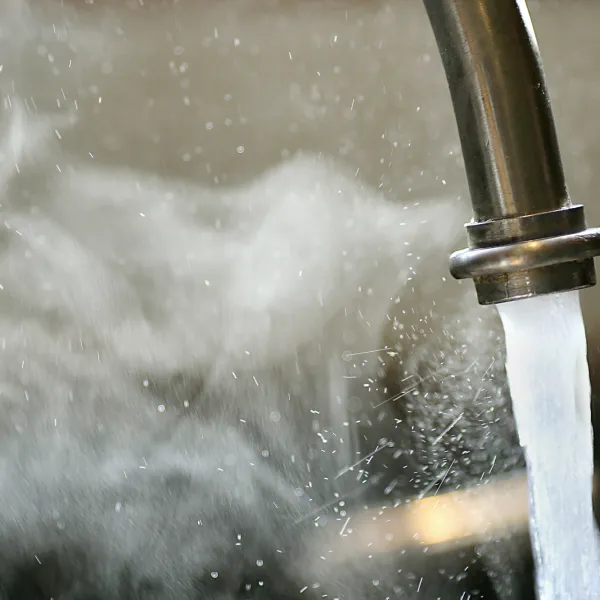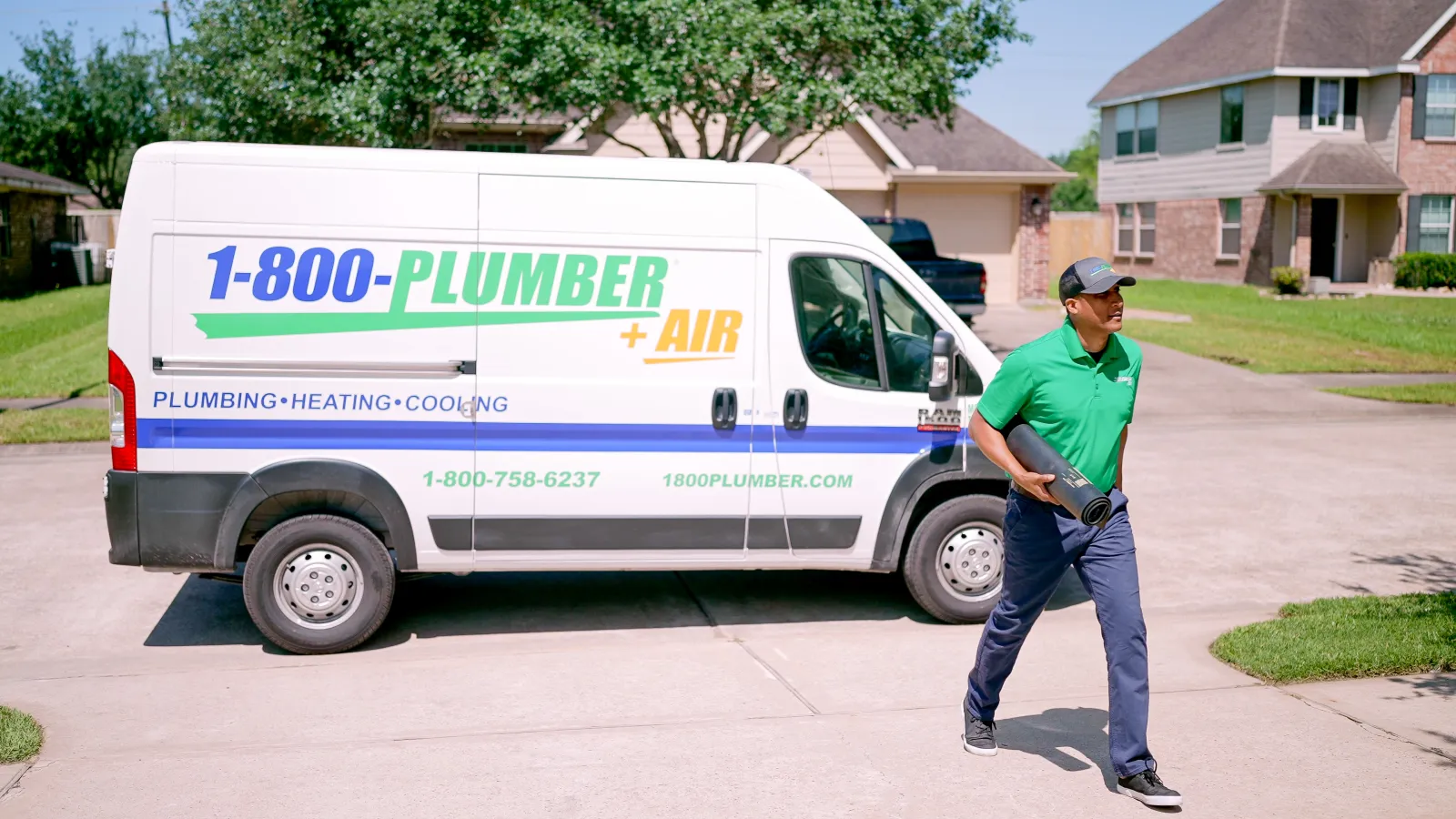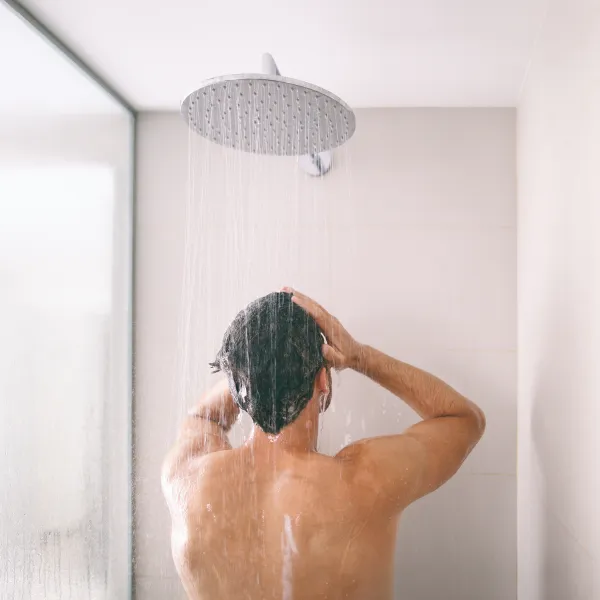Before fully grasping how important it is to have a backup sump pump, you first have to know how vital your primary sump pump is. Simply put, your sump pump acts as the last line of defense if your basement starts to flood. Excess water will drain into the sump pit, which will get expelled outside of your home by the pump. Here's how it works.
Your plumbing contractor will install a sump pump in your basement when your house is initially built.
The sump pump consists of a sump pit, a pump, and a piping system that travels from the pump to the outside.
The sump pit is similar in shape and size to a large barrel that gets installed at the lowest point of your basement. It gets buried under the ground and concrete of your basement, with the top of the pit being roughly one inch lower than the basement floor.
A lid gets placed on top of the pit so that nothing can fall into it. However, there's a big hole at the front of the cap to allow water to drain into the pit.
If you have flooding in the form of rain or a plumbing leak, water will flow along your floor and into your sump pit if the basement is installed correctly.
When enough water drains into the pit, there's a float that rises with the water levels.
The float triggers the sump pump to activate when the levels get high enough.
The pump then propels water out of the pit through a PVC pipe that runs from the sump pit to the exterior of your home.
This process repeats any time that water levels get too high inside the pit.
There are some who intentionally filter and drain their appliances and excess water into the pit, knowing that it will expel it for them. Others use the pit solely as a line of defense against incidental flooding or plumbing leaks.
How Does a Backup Sump Pump Work?
You don't have to install a second sump pit with a backup sump pump. Instead, a second pump, either battery or water operated, gets installed inside the sump pit alongside your primary pump. When there's a power outage and your primary sump pump that runs on electricity shuts down, the backup pump will kick in.
The backup sump pump is installed slightly higher than the primary one, ensuring that it only kicks in when the primary pump fails. The backup pump expels the water in the same way and through the same set of pipes that the primary one does. It's merely there to act as a backup in case of a power outage or if you have an old and unreliable sump pump.
Battery-Operated Backup Sump Pump
Battery-operated sump pumps are the most popular option for backups. They operate on a 12-volt battery similar to the one in your car and are plugged into a trickle charger, ensuring that it's always ready to go. When the battery is fully charged, it can easily operate your sump pump through the duration of any temporary power outage.
Battery backup sump pumps are the most common and reliable option for backup sump pumps. However, they also tend to be slightly pricier than water-operated backups. Though expensive, it's hard to put a price tag on the peace of mind that having one will give you.
Water-Operated Backup Sump Pump
Water-operated backup sump pumps are also a solid option. This type of pump doesn't operate on battery power or electrical power but instead relies on water and air working together to form a suction and suck water out of your sump pit.
There's a float switch that gets installed above the actual sump pump in the sump pit. When the power goes out or the primary pump fails for any reason, the float switch will be activated. The water-operated backup pump will then trigger a sudden rush of water from the main municipal line creating suction and removing water from the sump pit.
Is a Backup Sump Pump Worth It?
Regardless of which type of backup sump pump you choose, having one is worth it, especially if you experience frequent power outages. Backup sump pumps will give you peace of mind knowing that you don't have to worry about flooding even if there's a power outage.
Backup sump pumps are also a good idea if you have a moist basement, crawl space, or old plumbing prone to leaking. Power outages resulting in the failure of your primary sump pump can happen due to storms, an old electrical system, faulty breakers, or various other reasons.
What's the Best Way to Get a Backup Sump Pump?
If you're serious about wanting to take extra precautions for your home, contact us at 1-800-Plumber + Air of New Braunfels. We have years of plumbing experience to ensure that your backup sump pump gets installed correctly. Whether you're looking for a battery or a water-operated one, we're the team for the job.
If requested, we can even inspect your current sump pump and pit and make any necessary repairs. We'll also check out your plumbing system and point out any potential problem points that could result in a leak. No matter your plumbing or sump pump needs, we're here to help!




